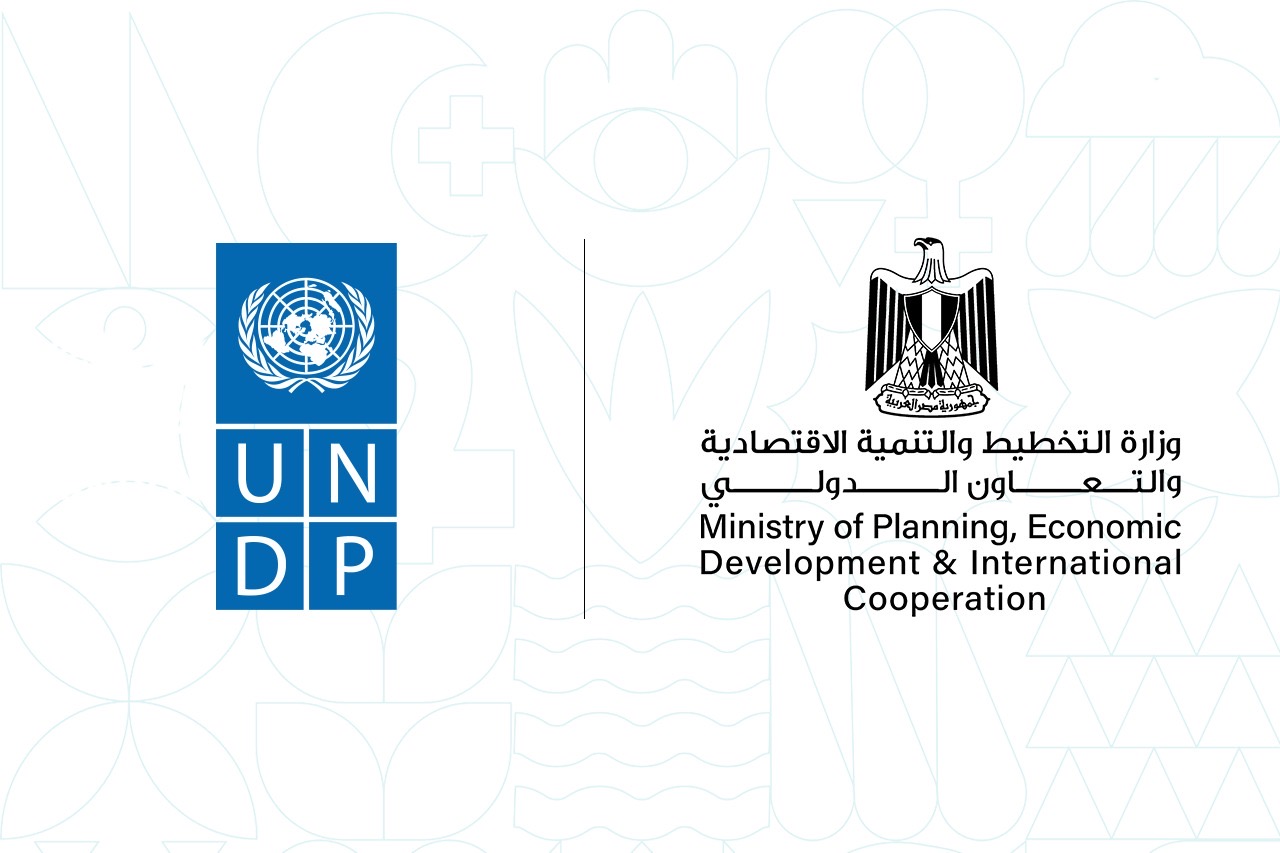Dr. Rania Al-Mashat: The state is implementing numerous programs, initiatives, and projects that are expected to reflect more positively on the development of human development indicators
The 2025 Human Development Report, issued by the United Nations Development Programme (UNDP), revealed an improvement in Egypt’s indicators in the report, with scores rising from 0.751 in 2022 to 0.754 in 2023, reflecting a relative improvement in its developmental performance.
The report clarified that Egypt continues to be classified among the “countries with high human development,” the same classification it received the previous year, while the global average performance recorded a slight improvement, with the index value rising from 0.752 in 2022 to 0.756 in 2023, an increase of 0.004 points.
The report added that although Egypt’s score is slightly below the global average of 0.756, and below the average for countries with “high human development,” which stands at 0.777, it clearly exceeded both the average of developing countries (0.712) and the average of Arab countries (0.719), reflecting a relatively positive performance for Egypt in this context.
This year’s report, titled "A matter of choice: People and possibilities in the age of AI," highlights the growing role that artificial intelligence is playing in our world today, and raises important questions about what distinguishes this new phase of digital transformation from previous phases and how these transformations could impact the trajectory of human development across different countries.
Commenting on the report, H.E. Dr. Rania Al-Mashat, Minister of Planning, Economic Development, and International Cooperation, explained that the improvement in Egypt’s ranking in the global Human Development Report reflects the success of the efforts undertaken by the Egyptian state over the past years and their impact on indicators related to citizens’ lives across various sectors, adding that despite this progress, the government is working on implementing many programs, initiatives, and projects expected to have an even more positive impact on the development of human development indicators, including the National Project for the Development of the Egyptian Family, the Universal Health Insurance Program, as well as efforts to empower women, and the continuous development in the information and communications technology sector.
H.E. pointed to preparations for the launch of Egypt’s 2025 Human Development Report, which is considered one of the most important tools that provide an objective and realistic analysis of human development at the national level—through measuring progress in education, health, and standards of living, and Egypt’s Human Development Index, as well as providing recommendations for public policies, especially in light of the complex challenges facing the world today, which are intensifying day by day and which contributes to the narrow the fiscal space available to developing countries, thereby impacting their efforts to achieve development.
The Minister also explained that the 2025 report, currently being prepared by independent entities in cooperation with the UNDP, is the thirteenth in the series of national human development reports that began in Egypt in 1994, which is an important indicator of the Egyptian government’s keenness to benefit from various experiences in related fields, emphasizing that the resumption of issuing Human Development Reports in Egypt in 2021, after a break of more than ten years, reflects the Egyptian state’s keenness to present its development experience for discussion and evaluation with the participation of all national stakeholders and international partners.
“This year’s report shows that global progress in human development is slowing, making it more urgent to adopt inclusive and forward-looking policies. The rapid growth of technologies like AI brings both opportunities and risks. In Egypt, there have been improvements in human development, but maintaining and accelerating this progress will require continued investment in education, health, and decent livelihoods to ensure that innovation benefits everyone and supports long-term development,” said Alessandro Fracassetti, UNDP Resident Representative in Egypt
Regarding the detailed sub-indicators for Egypt within the Human Development Report, the average life expectancy at birth stands at 71.6 years, reflecting a relative improvement in healthcare services and the level of healthcare provided. The expected number of years of education is 13.1 years, meaning that an Egyptian student is expected to spend more than 13 years in education, along with the actual average years of education (for adults) is 10.1 years, indicating an expansion of the base for primary and secondary education.
The report reviewed the Gender Development Index (GDI), which focuses on measuring the gap between males and females in education, health, and income. It is calculated based on comparing the Human Development Index for females to the Human Development Index for men.
The Human Development Index value for females in Egypt in 2023 was approximately 0.695, while the value for males was 0.777, resulting in a GDI value of 0.895. This means that women in Egypt achieve 89.5% of the developmental level achieved by men. While this percentage is still below the global average of 0.955, it is better than the average for Arab countries, which is 0.871, reflecting relative progress in narrowing the gender gap.
The report also addressed the Gender Inequality Index (GII), in which Egypt scored 0.398 for 2023, ranking 101 out of 172 countries. This performance is better than the average for Arab countries (0.539) and also better than the global average (0.455), reflecting some improvement in women’s empowerment at the health, social, and economic levels.
